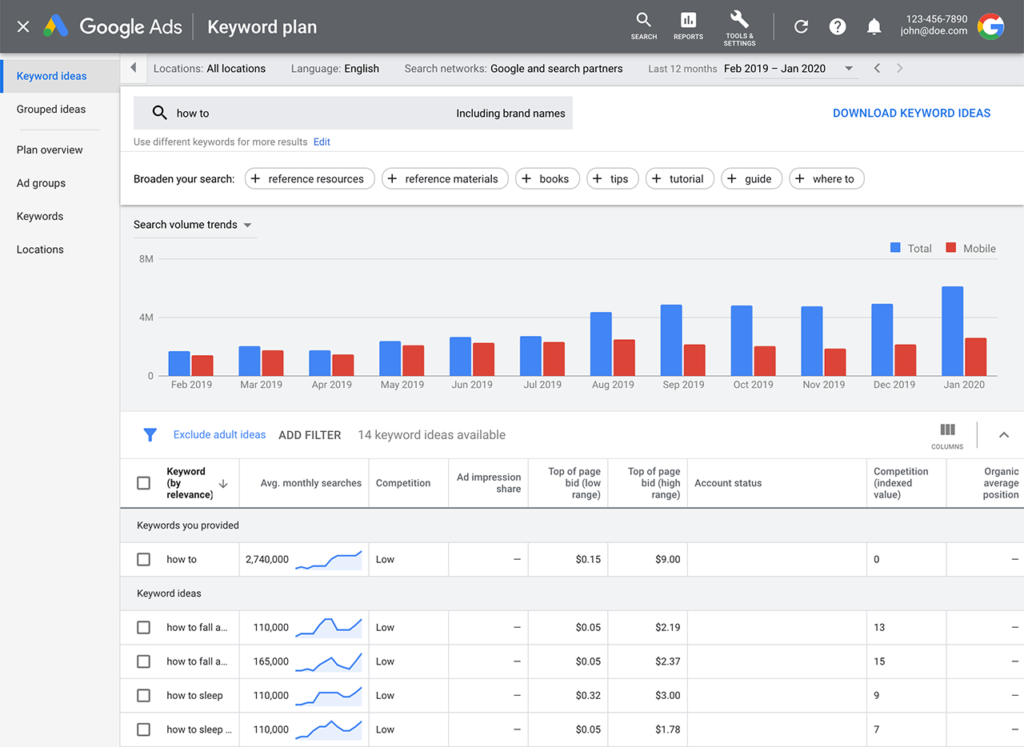Introduction
In today’s fast-paced, technology-driven world, we are witnessing a paradigm shift with the advent of Artificial Intelligence (AI). This groundbreaking field has opened up new possibilities and opportunities in various sectors, from healthcare and finance to transportation and entertainment. In this article, we delve into the world of AI, exploring its history, various applications, and future prospects, while providing valuable insights backed by peer-reviewed medical journals and reputable databases.
A Brief History of Artificial Intelligence
The Origins of AI
The concept of AI can be traced back to ancient Greek mythology, where automatons and mechanical beings were imagined. However, the modern journey of AI started in the mid-20th century, when researchers began exploring the idea of creating machines capable of performing tasks that would normally require human intelligence.
Milestones in AI Development
Several milestones have been achieved in AI development since its inception. Some of the most notable include:
- The Turing Test, proposed by Alan Turing in 1950, which served as a benchmark for evaluating a machine’s ability to exhibit intelligent behavior indistinguishable from a human.
- The development of the first AI program, Logic Theorist, in 1955 by Allen Newell and Herbert A. Simon.
- The creation of the first artificial neural network, called the Perceptron, by Frank Rosenblatt in 1957.
The Many Faces of AI: Key Applications
AI has found its way into numerous industries and applications, transforming the way we live and work. Some of the most prevalent AI applications include:
Healthcare
AI has made significant strides in healthcare, improving diagnostics, drug development, and patient care. Machine learning algorithms can analyze vast amounts of medical data to assist in early detection of diseases, such as cancer or Alzheimer’s, and even predict patient outcomes. AI-powered tools, such as IBM Watson, have also been instrumental in drug discovery, significantly reducing the time and cost involved in the process.
Finance
Financial institutions have embraced AI to enhance efficiency, reduce fraud, and improve customer service. AI-powered chatbots, for example, can handle routine customer queries, while machine learning algorithms can analyze market trends and make investment recommendations. Additionally, AI-driven systems can detect fraudulent activities in real-time, protecting both the financial institution and its customers.
Transportation
AI has revolutionized transportation, with self-driving vehicles and smart traffic management systems becoming increasingly prevalent. Autonomous vehicles, powered by AI, can navigate complex traffic situations, reduce accidents, and improve overall transportation efficiency. Moreover, AI-driven traffic management systems can optimize traffic flow and reduce congestion in urban areas.
Entertainment
AI has left its mark on the entertainment industry, with applications ranging from content recommendation to creating original music and art. Streaming services like Netflix and Spotify use AI algorithms to analyze user preferences and recommend personalized content. AI-generated artwork and music have also gained traction, challenging the boundaries of human creativity.
The Future of AI: Opportunities and Challenges
As AI continues to evolve, the possibilities for its future applications seem limitless. However, there are several challenges and ethical considerations that need to be addressed to ensure responsible and sustainable growth.
Opportunities
- AI has the potential to address global challenges, such as climate change and food production, by optimizing resource allocation and predicting future scenarios.
- AI can be leveraged to enhance education, personalizing learning experiences and providing real-time feedback to students, ultimately improving learning outcomes.
- AI-driven advancements in robotics can lead to smarter, more efficient manufacturing processes, thereby reducing waste and increasing productivity.
- Challenges
- As AI systems become more integrated into our daily lives, concerns over privacy and data security arise. Ensuring that AI applications respect user privacy and protect sensitive data is of paramount importance.
- The potential for AI-driven job displacement is a significant concern. Retraining and reskilling programs will be essential in mitigating the negative impact on the workforce.
- Ethical considerations, such as the potential for AI systems to exhibit biased behavior, must be addressed in order to prevent discrimination and ensure fairness in AI applications.
Conclusion
Artificial Intelligence has undoubtedly transformed the modern world, with its applications spanning across various industries and sectors. As we continue to innovate and push the boundaries of AI, it is crucial to address the challenges and ethical considerations that come with its rapid development. By doing so, we can ensure a future where AI serves as a powerful tool for human progress, enhancing our lives in unimaginable ways.




